Great God, have pity on the wicked, for thou didst everything for the good, when thou madest them good!
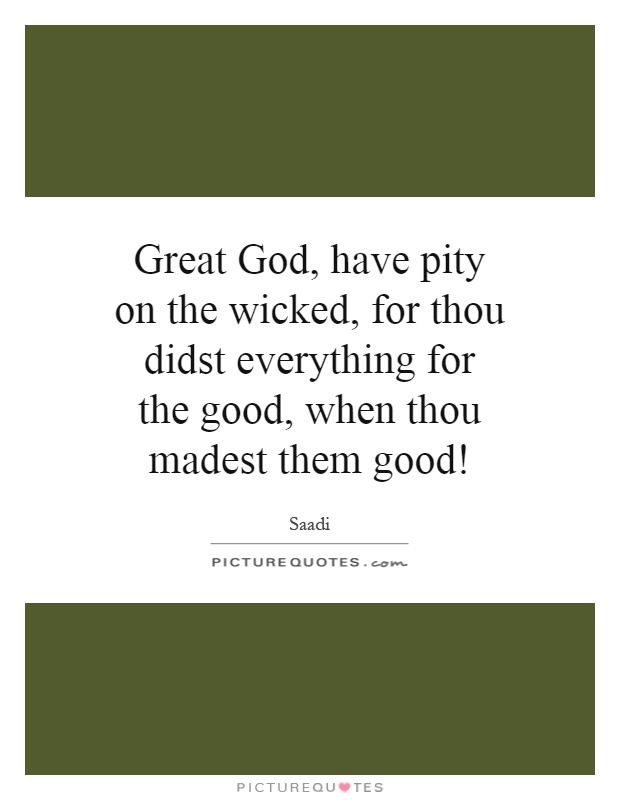
Great God, have pity on the wicked, for thou didst everything for the good, when thou madest them good!
Saadi, the renowned Persian poet and philosopher, often explored themes of morality, justice, and the nature of humanity in his works. In the quote “Great God, have pity on the wicked, for thou didst everything for the good, when thou madest them good!” Saadi reflects on the inherent goodness of all beings, despite their actions or choices.Saadi believed that at the core of every individual lies a seed of goodness, planted by the divine creator. He understood that people may stray from this inherent goodness due to various external influences, such as societal pressures, personal struggles, or misguided beliefs. However, he maintained that this goodness can never be completely extinguished, and that there is always hope for redemption and transformation.
In the quote, Saadi calls upon God to have pity on the wicked, recognizing that even those who have strayed from the path of righteousness are deserving of compassion and forgiveness. He acknowledges that God created all beings with the intention of goodness, and that it is only through the complexities of human nature and free will that some may deviate from this original design.
Saadi’s plea for mercy towards the wicked is a powerful reminder of the importance of empathy and understanding in our interactions with others. It challenges us to look beyond surface-level judgments and to recognize the inherent worth and potential for goodness in every individual, regardless of their past actions or current circumstances.
Furthermore, Saadi’s words serve as a call to action for us to cultivate compassion and forgiveness in our own lives. By extending grace to those who have wronged us, we not only honor the divine spark of goodness within them but also contribute to the greater harmony and unity of humanity as a whole.


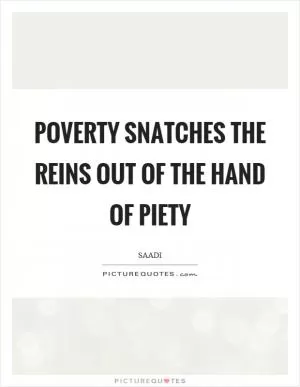
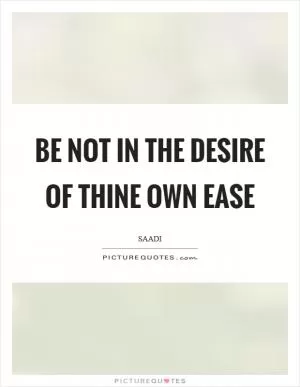
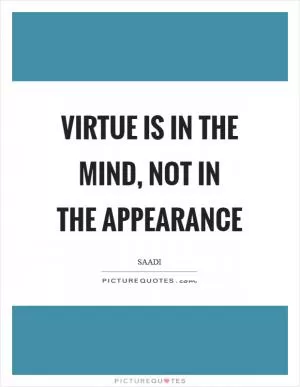


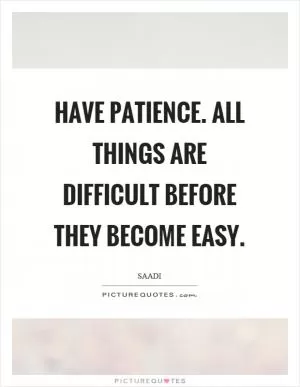

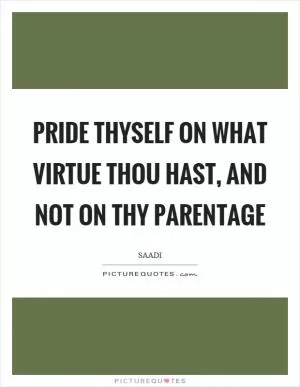
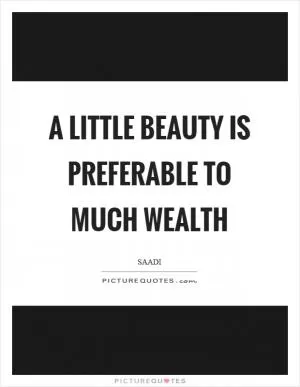

 Friendship Quotes
Friendship Quotes Love Quotes
Love Quotes Life Quotes
Life Quotes Funny Quotes
Funny Quotes Motivational Quotes
Motivational Quotes Inspirational Quotes
Inspirational Quotes